Publications
Articles, publications, books, tools and multimedia features from the U.S. Institute of Peace provide the latest news, analysis, research findings, practitioner guides and reports, all related to the conflict zones and issues that are at the center of the Institute’s work to prevent and reduce violent conflict.
Question And Answer
Why Counterterrorism in Afghanistan and Pakistan Still Matters
Question And Answer
What Does the Xi-Ma Meeting Mean for Cross-Strait Relations?
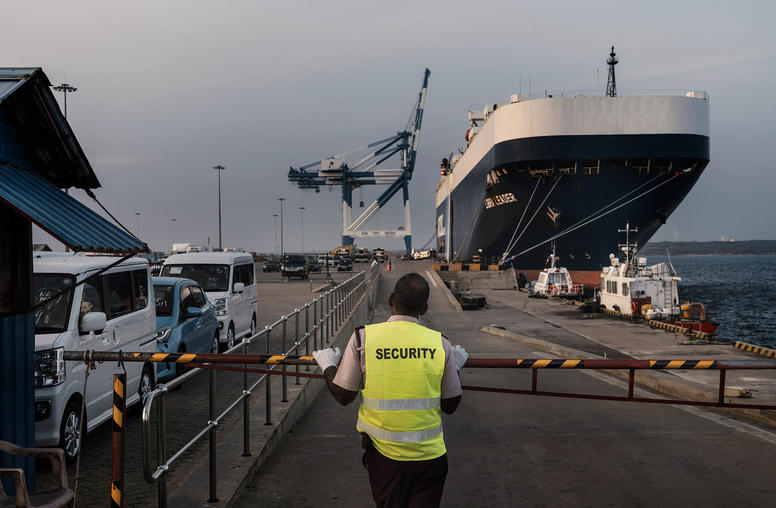
Indian Ocean Basing and Access: How Smaller States Navigate Major Power Competition
In late July, Sri Lankan President Ranil Wickremesinghe traveled to New Delhi to meet with Indian Prime Minister Narendra Modi. The trip addressed several important issues, such as greater connectivity. However, there was one item on the agenda that did not receive much media attention despite its potential impact on Indian Ocean regional security: Sri Lanka’s new standard operating procedure (SOP) to determine which military and non-military ships and aircraft may visit the country.
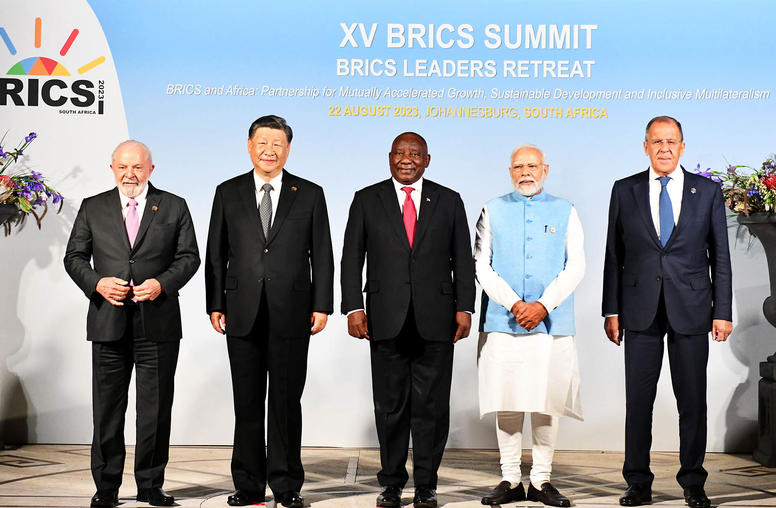
Why the BRICS Summit Could Be a Big Deal
The leaders of the so-called BRICS (Brazil, Russia, India, China and South Africa) are gathering in Johannesburg this week in what is likely to be pivotal meeting for the bloc’s trajectory. Russian President Vladimir Putin will not be attending due to an International Criminal Court warrant. But Moscow and Beijing will be pushing for the group’s expansion in a bid to strengthen the bloc as an alternative to the U.S.-led liberal international order. Over 40 countries have applied to join. But there is division within the five members. Brazil and India fear that expansion will dilute their influence and impact their nonaligned foreign policies.
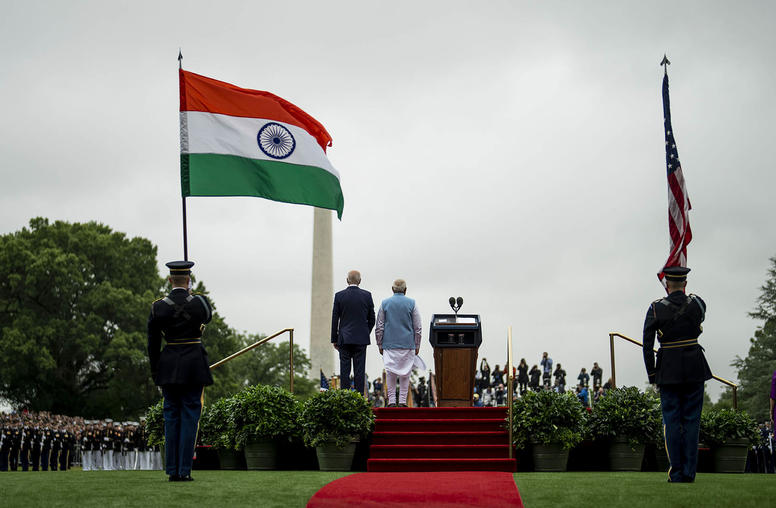
At G20, India Tests Geopolitical Clout Amid Xi’s Absence
World leaders from the Group of 20 (G20) gather this weekend in New Delhi, India, for the intergovernmental forum’s annual summit. Indian Prime Minister Narendra Modi is aiming to leverage the summit to showcase India’s growing international influence. The summit will be center stage for the emerging divisions in world politics and for major powers’ efforts to woo the Global South. Yet, despite this competition, China’s Xi Jinping has opted to not attend the summit in what many see as a snub to rival India. The White House has said it will come to the summit with a “value proposition” for the Global South, focused on multilateral development reform, climate financing, debt relief and technology.
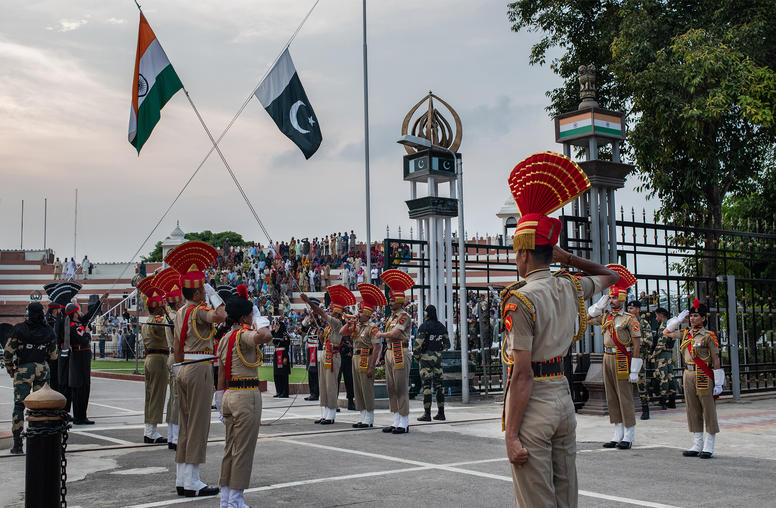
India and Pakistan at 75: Prospects for the Future
India and Pakistan, the two nuclear-armed giants of South Asia, each mark the 75th anniversary of their independence this week. In this article, USIP interviews Jalil Abbas Jilani and Maleeha Lodhi, former ambassadors of Pakistan to the United States, and Nirupama Rao and Arun Singh, former ambassadors of India to the United States, to get their perspectives on the main foreign policy and security challenges facing their respective countries, options for rapprochement, and the role of the United States and other global powers in supporting peace and stability in the region.
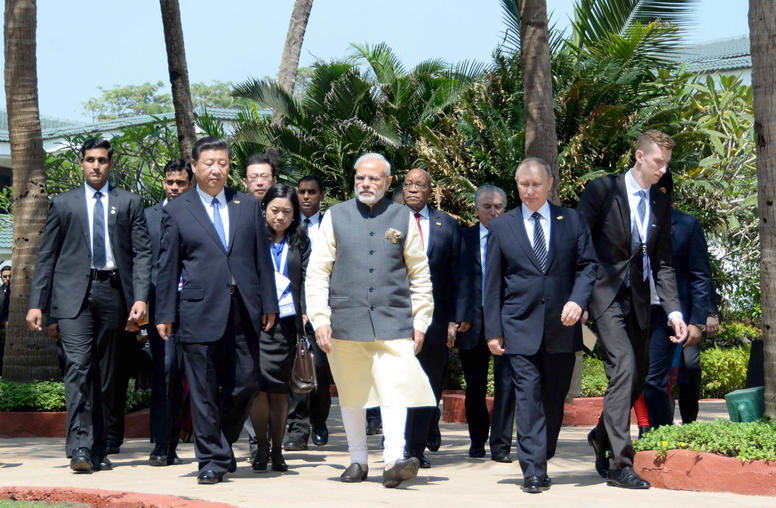
Modi, Putin and Xi Join the SCO Summit Amid Turbulent Times
The Shanghai Cooperation Organization (SCO) resumed in-person summits last week in the wake of the COVID pandemic and at a moment of unprecedent change and challenge. Member states Kyrgyzstan and Tajikistan are at war over their border. So are dialogue partner states Armenia and Azerbaijan. All SCO members are dealing with the economic impact of the Russian war in Ukraine as well as climate disruptions like the floods overwhelming Pakistan. Mistrust between India and Pakistan, full members since 2017, make cooperation difficult on the SCO’s original core mission of counterterrorism. And India and China, which were building toward the “Wuhan spirit” of cooperation when India joined in 2017, are hardly on speaking terms despite recent progress toward deescalating a friction point along their disputed Line of Actual Control.
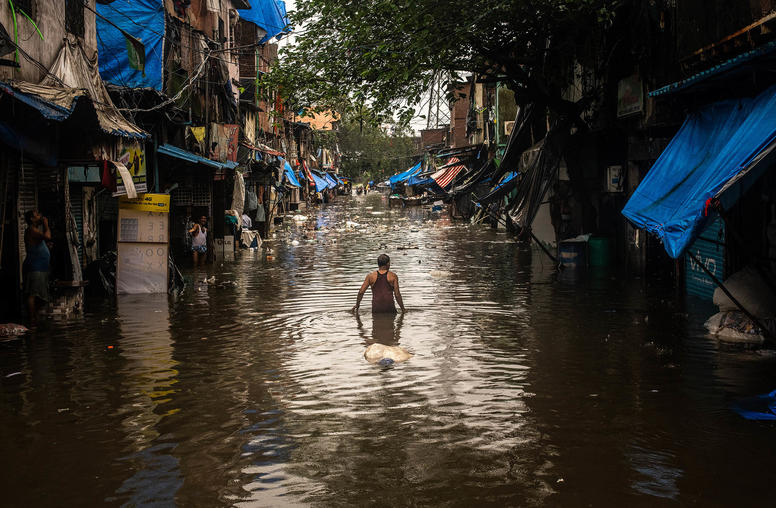
It’s Time for South Asia to Talk Climate
That India and Pakistan are engaged in backchannel track 2 diplomacy is the worst kept secret in South Asia. It does not take a vivid imagination to guess what dominates the agenda at these talks: Kashmir, terrorism, trade, perhaps crisis behavior under the shadow of nuclear weapons. Welcome as such conversations are, they are almost assuredly lacking focus on the biggest crisis facing the region’s inhabitants: climate change.
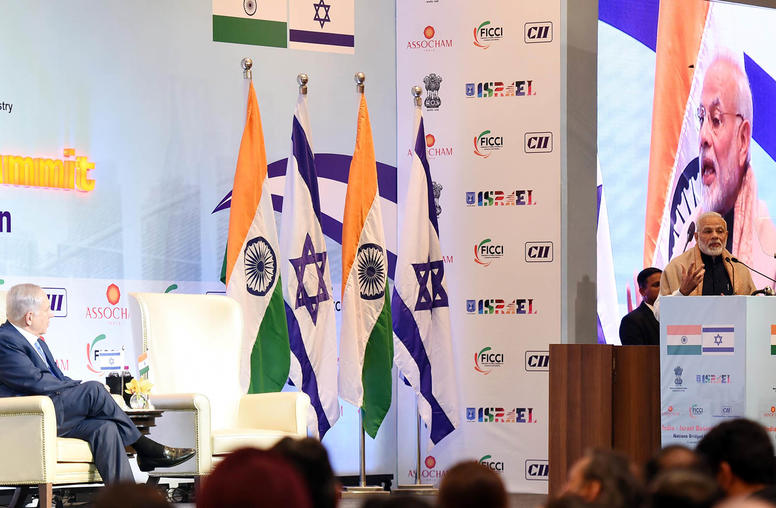
Amid War in the Middle East, India-Israel Ties Reach New Milestone
India’s official response to the Israel-Hamas war reflects a meaningful and likely durable strategic tilt toward Israel by Prime Minister Narendra Modi and his ruling Bharatiya Janata Party (BJP). Yet India’s shift should not be misinterpreted as a broader alignment with the United States or any other “camp” in this bitter contest. The maxim that Indian External Affairs Minister S. Jaishankar has repeated in other fraught geopolitical contexts holds equally true for India’s stance in the Middle East: “Do not think it’s necessary for India to join any axis. India is entitled to make its own choices which will be a balance of its values and interests.”
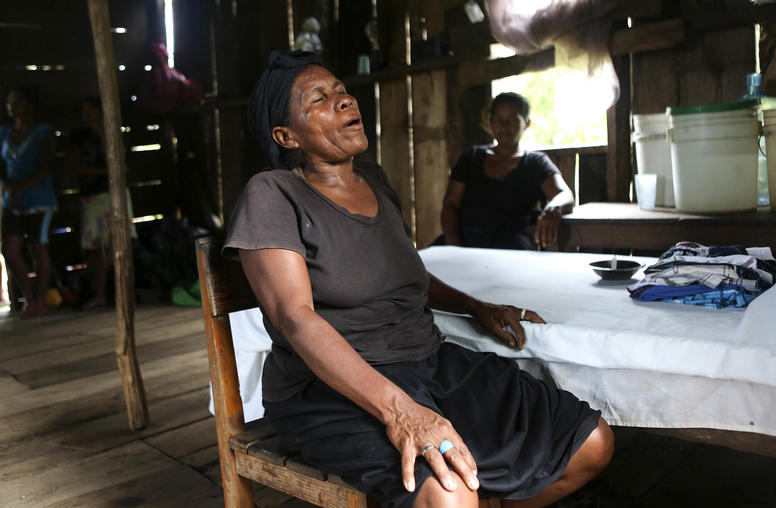
To Secure Shared Environments, We Must Protect Indigenous Peacebuilders
Humanity observes our 53rd annual Earth Day this week while worsening our assault on our planetary home. Arguably our most critical protectors against this self-harm are Indigenous people who, only about 6 percent of us, protect 80 percent of Earth’s biodiversity. Yet powerful elites, armed groups and business interests attack and kill politically marginalized Indigenous environmentalists to continue clawing wealth out of ecosystems from the Amazon and Congo basins to the Himalayas. Any real hope of reversing our environmental degradation will require U.S. and international policymakers to strengthen protections for Indigenous environmentalists.
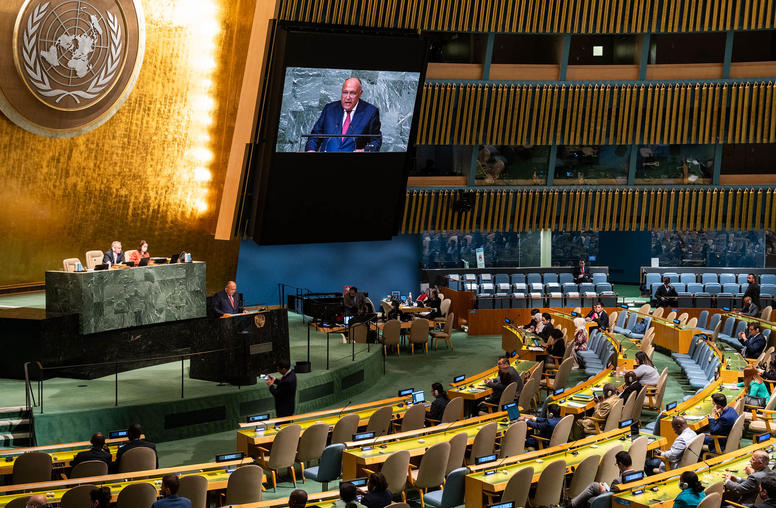
The New Nonaligned Movement Is Having a Moment
Russia’s invasion of Ukraine has accentuated emerging geopolitical trends that have coincided with the rise and intensification of great power competition. The re-emergence of the nonaligned movement (NAM) as a geopolitical force is perhaps the most salient example. Indeed, this month’s edition of Foreign Affairs — a reliable barometer of key trends in international affairs — is dedicated to the “nonaligned world.” By definition, NAM states do not want to be forced to choose sides between the United States and/or Russia and China. But as we move into a multipolar era of accelerating great power competition, these states will find themselves caught between major powers.
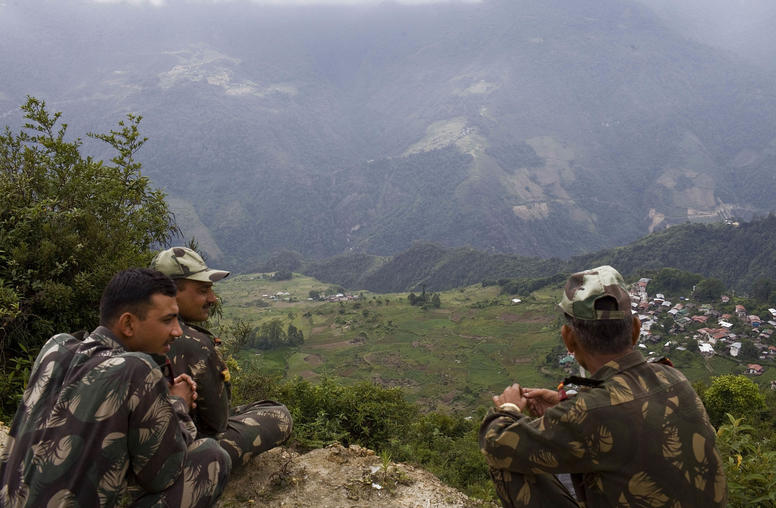
Why We Should All Worry About the China-India Border Dispute
The December 2022 clash between Chinese and Indian troops along the two countries’ 2,100-mile-long contested border — known as the Line of Actual Control (LAC) — highlights a worrying “one step forward, two steps back” trend. This brawl was the worst since 2020, when fighting in the Galwan Valley took the lives of 20 Indian and at least four Chinese soldiers. Although these clashes are often followed by dialogue and other steps to reduce tensions, both sides have increasingly militarized their border policies and shown no indication of backing down. And the situation on the border remains tense, as Beijing and New Delhi are hardening their positions on either side of the LAC, with the potential for escalation between the two nuclear-armed powers.